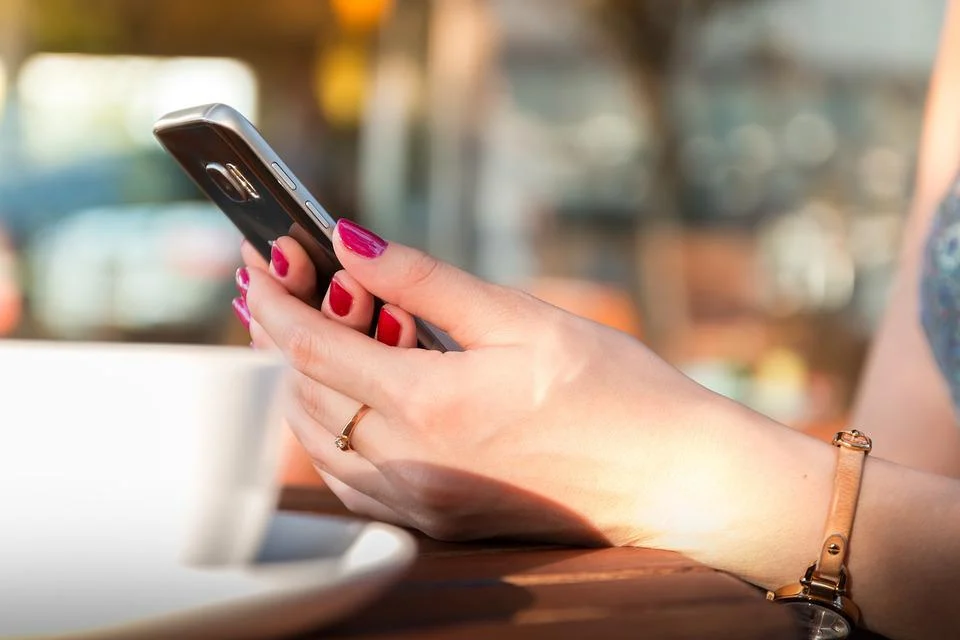There are 6.5 billion smartphone users in the world. It’s more than 80% of the global population. Agree that it becomes hard to imagine how to solve everyday tasks without this must-have gadget. Smartphones store everything from the most personal memories to banking data. They literally know everything about us.
That’s why taking care of mobile security is essential – even the most advanced smartphones are still vulnerable to cyberattacks. Even if the phone is in your hands, it is important to understand that the data stored on the smartphone is at risk. So, how to secure your smartphone? Here are six basic steps that you need to be aware of to make your smartphones more secure.
In This Article
6 Easy Tips on How to Protect your Smartphone Privacy
The security issue is the one you should always keep in mind. Howly experts also say that you have to use your smartphone wisely. Today, many useful apps will help you with solving everyday tasks, but the issue of security is the responsibility of each user. So, let’s find out how to secure your privacy and use your smartphone in a safe way.
Create a Password
Always use a passcode to unlock your smartphone so that no one can access your private data, photos, email, and other information. Many users think that it is annoying to enter such a password each time they use smartphones. However, it’s worth it. This is a basic security step that everyone should follow.
What’s more, most smartphones have custom security settings. For example, you can set it in such a way that the need to enter a password will be disabled when you are at home. However, it is still better to keep your phone locked in public places and workplaces.
As for the latter, if you use your phone to access work-related documents, you should be double careful. That’s why most companies develop dedicated mobile data security policies for their employees using personal gadgets for work tasks.
Use Google Maps Carefully
On Android smartphones, the Google Maps app can track your travel history. Moreover, the app may know your home address and even your place of work. Some users may consider it a breach of privacy, and what’s more, most users don’t need this feature at all.
So, you can disable it completely or set the history auto-delete after a certain period, for example, from three to thirty-six months. Go to settings and select the interval you need so that your location and movements are not tracked or will be deleted on time.
Turn off Geo for Photos
Did you know that every photo you take is geo-tagged? And if you share these photos, for example, on social networks, such tags remain visible. Agree that geolocation is not needed for many types of photos, especially when you take photos of your documents and other private things.
Therefore, it is recommended to disable geolocation for your safety. If you want to keep your personal data private, this is what you need to do right now.
Use a VPN
Using a virtual private network (VPN) on all devices protects your data from cybercriminals and anyone who wants to figure out what you’re doing online. This is a must-do when you use an unsafe connection or public Wi-Fi to access work apps or pay the bills.
VPN services create a secure connection between your device and a server, similar to an encrypted “tunnel”. Therefore, using Android VPN apps is a wise decision that will save your data.
Don’t Disable Security Features
Both Android and iOS devices have the “Find My Device” feature. It allows the user not only to determine the location of the device but also to delete all data from it. This will provide additional protection for your personal data.
In case of loss or theft of your device, you can use your PC to find your smartphone and delete all the data you store there. This is a quick way to prevent an attacker from using your personal and financial information. But pay attention that there is no opportunity to restore the data cleared in this way.
Be Careful with the Apps
Law-compliant apps will always ask you for permission to track your data and use it for better-personalized advertising. But some companies abuse the permissions mechanism and ask for more information than they really need. So just stop for a moment and consider whether the new app really needs these permissions. For example, Instagram asks for location information, but do you really need to share it? The answer depends on how you use Instagram.
Attackers also like to request unnecessary in-app permissions in order to gain access to the device. There are also cases where cybercriminals have used app permissions to install malware on users’ devices. Therefore, always be careful when allowing a certain app to gather your data and trust only proven app developers.
Which Security Apps Should You Choose?
How about apps to help you keep your smartphone safe from malware? Both iOS and Android users are welcome to consider the following solutions:
- Avast Mobile Security. This is the most popular app on the market today. But many users ignore it. If you want to protect your smartphone from malware and surf the Internet safely, this is what you need.
- Malwarebytes. This is another tool that you should pay attention to. It securely protects your time in Chrome and works wonders for preventing and detecting phishing attacks.
- VIPRE. This is another security solution that is worth your attention. The app will scan all programs, exclude malware and provide protection while you are engaged in the Internet world. It also offers interesting features in case your smartphone is lost or stolen.
The Final Words
So, now you know how you can secure your smartphone data. Agree that many potential threats are not visible until you meet them face to face. But if your goal is to keep your privacy, then be sure to follow these simple rules and protect your smartphone with a suitable app.




